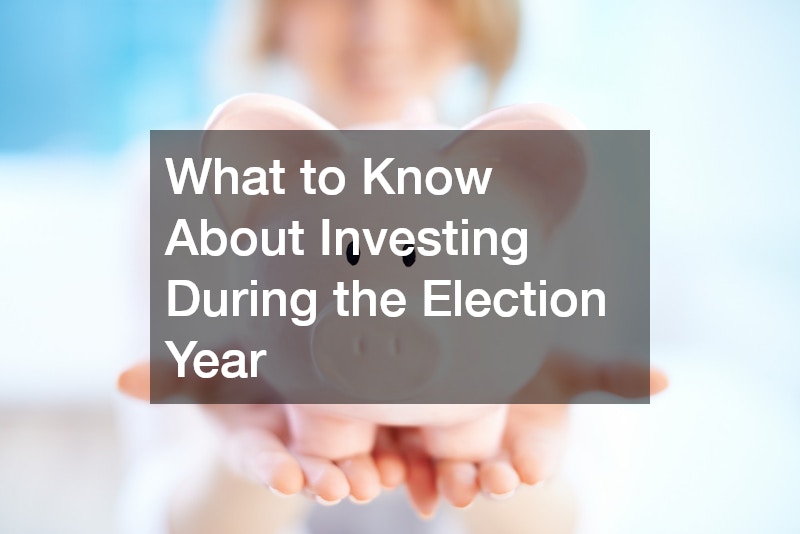
Investing during an election year can be a bit unsettling for many investors due to market uncertainty and potential volatility. However, understanding some key factors can help you navigate your portfolio and make informed decisions throughout the election cycle. Here’s what to keep in mind when investing during an election year.
Market Volatility Is Normal
Election years tend to bring a certain level of market volatility. Investors are often unsure how the election outcome will affect various sectors, leading to fluctuations in stock prices.
Historically, however, this volatility is temporary, and markets tend to stabilize once the election results are confirmed. It’s important to resist the urge to make reactionary decisions based solely on short-term fluctuations. Maintaining a long-term perspective and sticking to your investment strategy can help you avoid unnecessary losses.
Don’t Time the Market
Attempting to time the market during an election year is risky. Predicting how the market will respond to specific candidates or policy outcomes can be nearly impossible. The uncertainty around elections can make it tempting to pull out of the market or make drastic changes to your portfolio. However, history shows that staying the course, regardless of who wins the election, often leads to better long-term returns. Instead of trying to time the market, focus on the fundamentals of your investments and your financial goals.
Diversify Your Portfolio
A diversified portfolio is key to weathering market uncertainties, especially during an election year. Make sure your investments are spread across different asset classes, such as stocks, bonds, and real estate, as well as across various sectors and industries. This can help protect your portfolio from significant losses if one sector experiences a downturn due to political changes. Additionally, investing globally can provide further protection, as markets outside the U.S. may not be as affected by election-related volatility.
Consider Policy Impact on Sectors
While predicting specific outcomes is difficult, election cycles can impact certain sectors differently. For example, a candidate who emphasizes renewable energy policies may boost clean energy stocks, while a pro-business candidate may benefit industries like finance and manufacturing. Keep an eye on potential policy shifts that could impact sectors relevant to your portfolio. However, it’s crucial not to make sweeping changes based on speculations. Focus on long-term trends and avoid overreacting to short-term developments.
Stay Informed, But Avoid Panic
Staying informed about the election and its potential impact on the economy is important, but don’t let media hype or fear drive your investment decisions. News outlets often sensationalize potential market risks, which can lead to anxiety and impulsive actions. Instead, rely on data, consult with a financial advisor, and stick to your overall investment strategy.
Watch the video above to learn more about investing during the election!.





